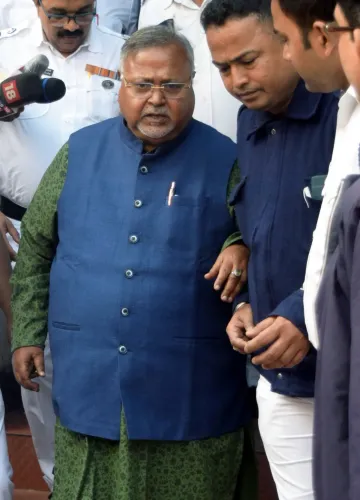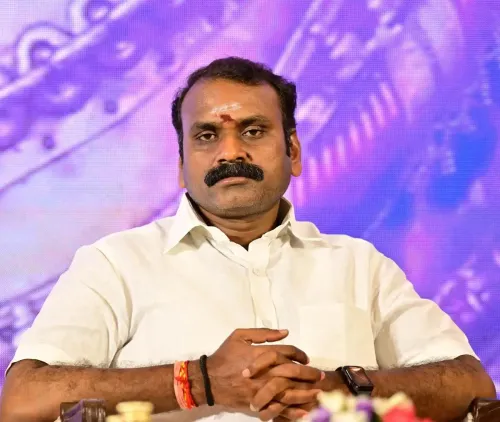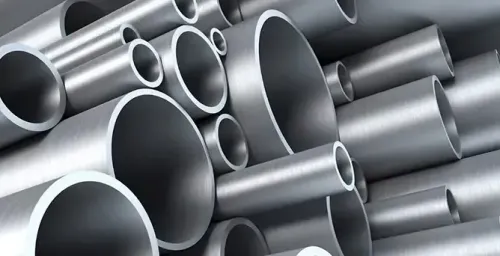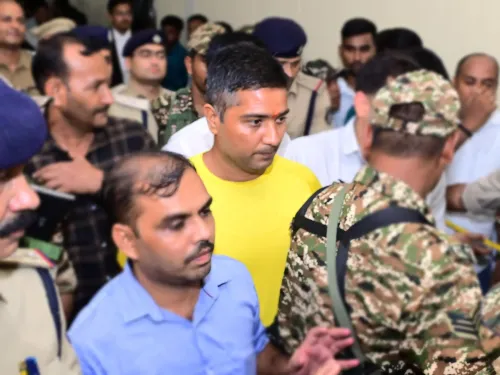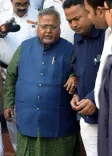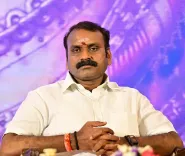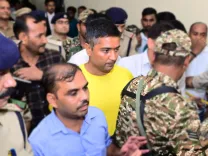Why Is the SC ‘Shocked’ Over a Maharashtra Man's 4-Year Incarceration Without Charges?
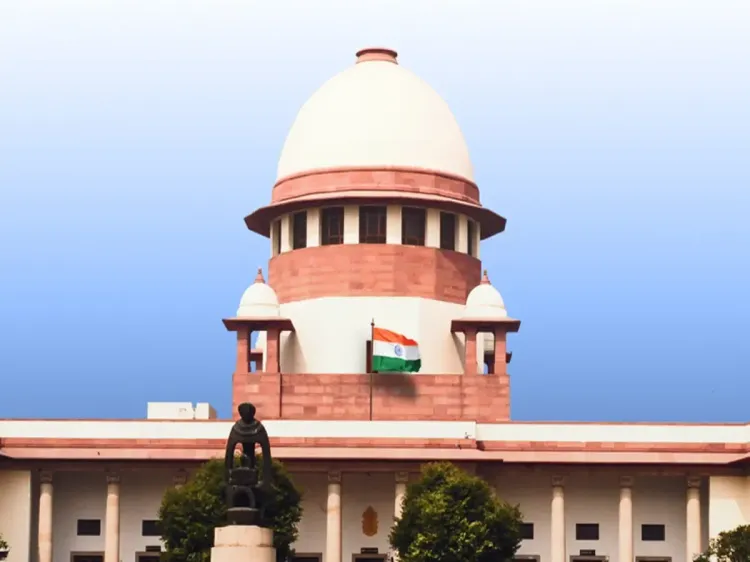
Synopsis
Key Takeaways
- Supreme Court's concern over prolonged detention without charges.
- Call for accountability from law enforcement and trial courts.
- Potential collusion between prosecution and accused hinted.
- Emphasis on the need for judicial reforms in Maharashtra.
- Next hearing set for December 2.
New Delhi, Nov 13 (NationPress) The Supreme Court has shown its astonishment regarding the prolonged detention of an accused in Maharashtra, who has spent over four years behind bars without the formulation of charges, even though a charge sheet was lodged in early 2022.
A Bench comprising Justices Ahsanuddin Amanullah and Prashant Kumar Mishra remarked that it is deeply concerning that the petitioner remains incarcerated while the trial has not yet advanced to the charge framing stage.
“It is truly shocking that after four years of the petitioner being held, charges have still not been framed despite the charge sheet being submitted on 13.01.2022,” noted the Justice Amanullah-led Bench.
Upon inquiring about the delay, the Maharashtra government’s legal counsel attributed it to the absence of other co-accused. However, the Justice Amanullah-led Bench found this reasoning unsatisfactory.
“We are even more astonished at the stance taken by the respondent-State’s counsel. It appears that the prosecution has not moved for the cancellation of bail for the other co-accused, who are reportedly responsible for the inability to frame charges,” the apex court stated.
“We tentatively suspect a collusion between the prosecution and the accused,” it further added.
The Justice Amanullah-led Bench instructed the concerned Superintendent of Police to provide a justification for this predicament and to clarify why no actions have been taken to facilitate the trial’s advancement. The trial court was also ordered to explain its failure to secure the presence of co-accused on bail. Both reports are to be submitted within three weeks.
The matter is scheduled for a follow-up hearing on December 2, with the apex court warning that “if the explanations are not found satisfactory, the Court may adopt a stringent approach towards the matter.”
This marks the second occasion in recent weeks where the Supreme Court has voiced its concern over the criminal trial processes in Maharashtra.
Earlier in October, a Bench led by Justice Sanjay Karol and Justice N. Kotiswar Singh labeled the situation as “a very shocking state of affairs,” pointing out that numerous cases across the state have been pending for charge framing for over a decade, with some dating back to 2006. In that instance, the top court had also mandated the Registrar General of the Bombay High Court to provide detailed reports on measures taken to ensure timely charge framing and the production of undertrial prisoners.

